$15M Asset Tokenization

The Venture
Client
Zeichen
Tokenization is redefining capital markets—transforming real-world assets into liquid, tradeable digital securities. CorPa Blockchain AG is leading that charge with Zeichen, a next-generation platform designed to bring asset tokenization and security tokens into the mainstream. Venturion Ventures is proud to be a strategic partner in this launch, helping shape Zeichen’s entry into the UAE real estate sector and beyond. Together, we’re setting a global benchmark for blockchain-backed asset innovation.
- Redefining UAE's real estate market
- Disruptive potential in asset tokenization and NFTs
- Corpa's vision of reshaping global real estate finds validation
Intro
Tokenization, fundamentally, is the process of converting rights or ownership of assets into digital tokens on a blockchain. This innovative approach brings a range of benefits to market participants, including increased liquidity, faster settlement times, lower costs, and bolstered risk management. By digitizing assets on a blockchain infrastructure, Zeichen streamlines processes, reduces transaction times, and enhances transparency, paving the way for a more efficient and inclusive investment environment. CorPa Blockchain AG was established to address the distinct challenges and regulatory complexities encountered by institutional investors, who demand sophisticated and secure solutions for managing their digital assets. Now, CorPa Blockchain is strategically positioned to bridge the gap between traditional financial instruments and digital assets, leveraging Zeichen to capitalize on the increasing mainstream adoption of asset tokenization.
CorPa Group: Pioneers in Financial Services and Blockchain Technology
Established in 2000 by Karl-Heinz Hemmerle, CorPa Group, through its subsidiary CorPa Treuhand AG, has been a trusted name in financial and fiduciary services with expertise international corporate structures. Over the years, the company has expanded its offerings to include asset protection, financial accounting, and relocation services, catering to the diverse needs of its clients. As the digital landscape evolved, CorPa recognized the growing importance of blockchain technology and cryptocurrency. This led to the inception of CorPa Blockchain and Zeichen, it's first platform aimed at tokenizing real-world assets and establishing security tokens as a new asset class.
Borna Makaremi's Leadership
Heading the Zeichen project is Borna Makaremi, an esteemed blockchain specialist and CIO at CorPa Services AG. With a wealth of experience in finance, banking, and blockchain technology, Makaremi brings invaluable expertise to the project, ensuring Zeichen's success in reshaping the investment landscape and setting new standards in the industry. Borna Makaremi is a seasoned blockchain specialist and cryptocurrency expert, boasting over a decade of industry experience coupled with six years in finance and banking. Holding a master's degree in Medical Computer Science, Makaremi possesses a robust background in data science and banking technologies. His distinguished career includes spearheading numerous high-profile projects, from developing proofs-of-concept for blockchain strategies for several DAX companies to leading the blockchain technologies team at the world's first bank in Liechtenstein to offer cryptocurrencies globally. Currently pursuing a Ph.D. focusing on blockchain technologies, Makaremi's profound understanding of the technology and its transformative potential has established him as a sought-after speaker in the cryptocurrency and blockchain arena. With his expertise, Makaremi is poised to provide invaluable insights into enterprise custody and staking for cryptocurrencies and non-fungible tokens (NFTs).
The Vision and Platform Creation
One of the key advantages of Zeichen is its ability to broaden the investor base by fractionalizing ownership of assets. Through tokenization, assets that were once out of reach for retail investors, such as real estate or fine art, become accessible in fractions, allowing a far broader investor base to participate. This democratization of investment opportunities not only opens up new avenues for investors but also increases the liquidity and tradability of assets. Furthermore, Zeichen facilitates broader geographic reach, leveraging public blockchains to expand the footprint of digital assets globally. By adhering to relevant KYC and AML laws, Zeichen ensures compliance while tapping into the global investor pool. Reduced settlement times, infrastructure upgrades, and decreased costs for reconciliation further enhance the efficiency of asset management and trading on the platform.
Asset Tokens and the Future of the Financial Industry
As the tokenization of real-world assets continues to gain momentum, Zeichen represents a pivotal shift in the financial industry. By establishing security tokens as a new asset class, Zeichen lays the groundwork for transforming traditional financial markets into vibrant digital ecosystems. With leading financial institutions recognizing the potential of asset tokenization, the future of the financial industry is poised for dramatic change. Recognizing a vacuum within the digital asset sphere, CorPa identified a pressing need for a robust infrastructure to tokenize real-world assets, particularly real estate. Zeichen was conceived not only as a solution but as a paradigm shift in the UAE real estate market and an international role model. The vision encapsulated two core ambitions: to reshape the real estate landscape in the UAE and to set a global benchmark for innovation.
The Securities of Tomorrow
Zeichen represents the future of securities trading, offering a disruptive model and solution through its strategic positioning within the Abu Dhabi Global Market (ADGM). With ADGM's internationally recognized security trade law, Zeichen enjoys a global market reach, attracting both institutional and retail investors. Regulated under ADGM, this backing ensures transparency, security, and compliance, establishing Zeichen as a trusted platform for the issuance, custody, and settlement of securities in the digital age.
Examples
Broader investor base: There is a limit to the level of fractionalization possible with real-world assets. Selling 1/20 of an apartment or a fraction of a company share is not currently practicable. However, if that asset is tokenized, this limitation is removed, and it becomes possible to buy or sell tokens representing fractions of ownership, allowing a far broader investor base to participate. Another good example of how tokenization could change the dynamic of numerous assets is in the fine art market. The prohibitive prices that some artists command at auction means that only a highly restricted number of high net worth individuals that have the means to invest in this asset, with the vast majority of retail investors unable to participate. Issuing tokens that represent a fractional ownership of an artwork may fundamentally change the situation. For example, the property rights in the most valuable painting by Jean-Michel Basquiat—sold for an eyewatering $110 million by Sotheby’s in 2017—could be tokenized, affording even small retail investors the opportunity to acquire a fractional interest in the painting. Tokenization would therefore open the market to a whole new set of investors, now able to diversify their investment portfolios into asset classes previously well out of their reach.
Highlights
- Broader geographic reach: Public blockchains are inherently global in nature because they present no external barrier to the global population and investor. However, in the Institutional Market, relevant KYC (Know Your Client) and AML (Anti-Money Laundering) laws and programs must be followed, and hence the broader adoption of public blockchains has been curbed. Nonetheless, several public blockchains are now performing KYC and AML – and this evolution and trust is expanding the footprint of these digital, Tokenized assets. Importantly, permissioned blockchains are also evolving, providing an important step for the Institutional investor.
- Reduced settlement times: Tokenization can reduce transaction times, potentially by permitting 24x7 trading, and as smart contracts triggered by predefined parameters can instantaneously complete transactions, reduce settlement times from the current durations, at best T+2, to essentially real-time transactions. This can reduce counterparty risk during the transaction and reduces the possibility of trade breaks.
- Infrastructure upgrade: For many asset classes, fundraising and trading remain slow, laborious, and require an exchange of paper-based documents. By digitizing these assets on a DLT infrastructure, efficiency in these markets can be vastly improved, with effects further amplified in areas that currently have non-existent traditional infrastructure.
- Decreased cost for reconciliation in securities trading: The blockchain infrastructure provides a digital ledger for the record keeping of each shareholder position. For the issuer, this will greatly improve the efficiency of numerous administrative processes, such as profit sharing, voting rights distribution, buy-backs, and so on. Further, the existence of a secondary market will also facilitate the accounting operations of professional investors, such as net-asset-value calculations. As the market becomes more comfortable with the digital ledger as the “golden copy” of data, reconciliation may be completely obviated, as the parties will rely and accept this record.
- Regulatory evolution: There is a slow but steady movement by regulators in developed markets to lay the foundation of regulatory frameworks for the creation and exchange of digital asset tokens. Importantly, the real-time data and immutability of data held in a digital ledger will enhance the role that regulators aim to improve – clarity and protection for investors.
- Improved asset-liability management: Tokenization will improve the ability to manage asset-liability risk through accelerated transactions and improved transparency.
- Increase in available collateral: By accelerating and improving the fractionalization of new asset classes, tokenization will expand the range of available and acceptable collateral beyond traditional assets. This will significantly increase the options available to market participants when selecting non-cash assets as collateral in the securities lending or repo markets. Coupled with the holistic benefits of Tokenization described above, collateral management globally may be more efficient, transparent and relevant in new asset classes. Leading financial institutions understand the opportunity that tokenization of financial assets represents. When it comes to turning legacy asset classes, such as corporate securities, into vibrant digital markets, we are witnessing several initiatives, notably by incumbent U.S. and European exchanges that are all developing tokenization offerings. From the origination of trading assets to Corporate Trust, the value chain is evolving.
Zeichen Partners with Al Zahia: Tokenizing Sharjah's Premier Residential Destination
Zeichen has recently forged a pioneering partnership with Al Zahia, Sharjah's premier residential destination spanning over 1,000,000 square meters. This collaboration marks a significant milestone in real estate digitization, with Al Zahia becoming the first project in the UAE to achieve BREEAM certification. Through tokenization, investors gain fractional ownership in Al Zahia's diverse housing options, including villas, townhouses, and apartments. With an initial 200 tokenized assets and plans for 2,270 properties upon completion, Al Zahia offers residents access to six themed parks and curated wellness facilities, embodying a commitment to sustainability and community living.
Conclusion
In conclusion, CorPa's platform, Zeichen, in collaboration with Al Zahia, represents a paradigm shift in real estate investment, leveraging blockchain technology to offer fractional ownership in Sharjah's premier residential community. As Zeichen continues to innovate and tokenize assets, it paves the way for a more inclusive and liquid real estate market, marking a significant milestone in the evolution of digital finance in the Middle East and beyond. While still in the early phases of adoption, the potential impact of tokenization on the financial industry is profound. As Zeichen continues to innovate and redefine the investment landscape, the possibilities for digital assets are limitless, promising a future of greater efficiency, transparency, and inclusivity in finance.
Learn more at www.corpatrust.com
Success Story
This groundbreaking initiative underscores Zeichen's vision of democratizing real estate investment through blockchain technology. By tokenizing assets, Zeichen revolutionizes property investment, making it accessible and liquid for a broader investor base. The partnership between Zeichen and Al Zahia heralds a new era in real estate, driving innovation and transforming traditional markets into inclusive digital ecosystems. With Al Zahia leading the charge, Sharjah's residential landscape embraces a digital revolution, offering investors unparalleled opportunities in one of the UAE's most coveted destinations.
Q1 2023, Zeichen/CorPa Treuhand AG
Ventures
Additional ventures in our curated portfolio.
Raising capital, pitching investors, or gearing up for your seed or pre-A round? Venturion develops investor-grade pitch decks, financials, business plans, and branding with clarity and conviction. We shape founder stories, sync GTM strategies, and engineer models that resonate in the boardroom. Transforming insight into impact and startup ambition into investor alignment.




-2-2.webp)
.webp)







.webp)
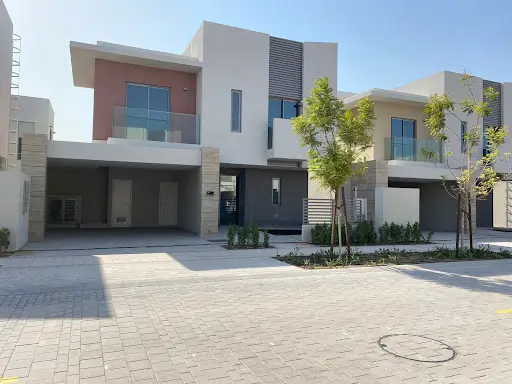



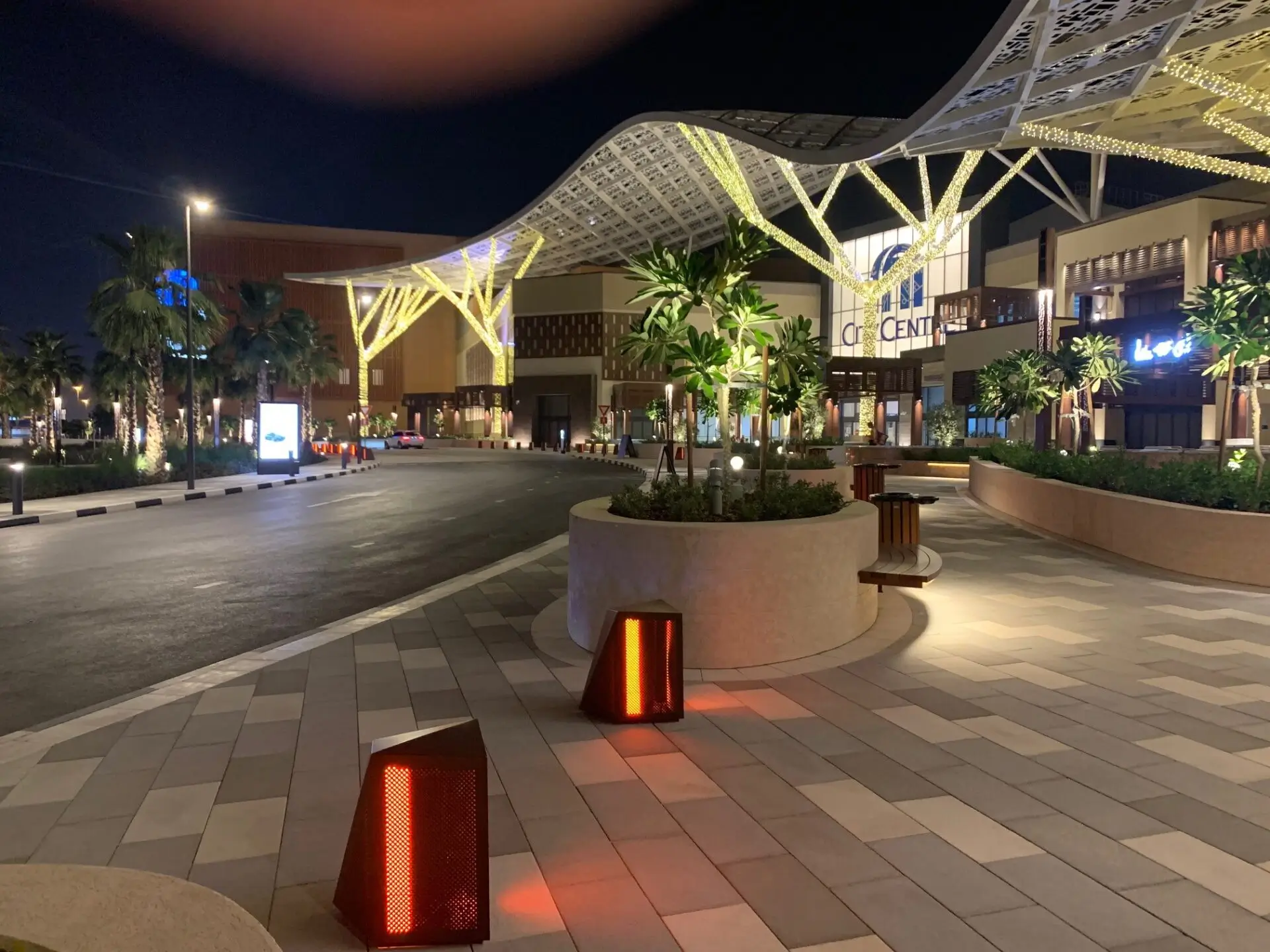





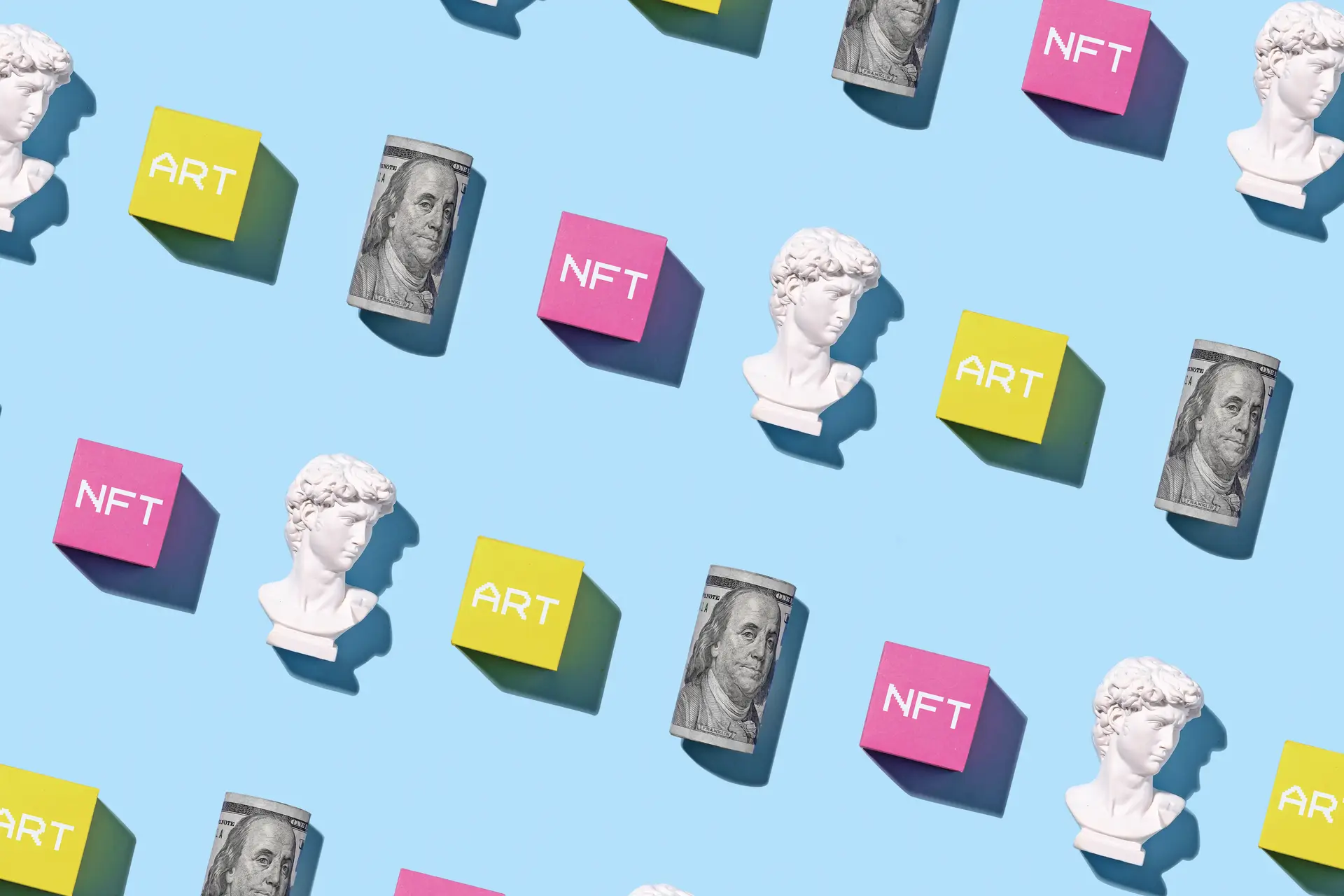
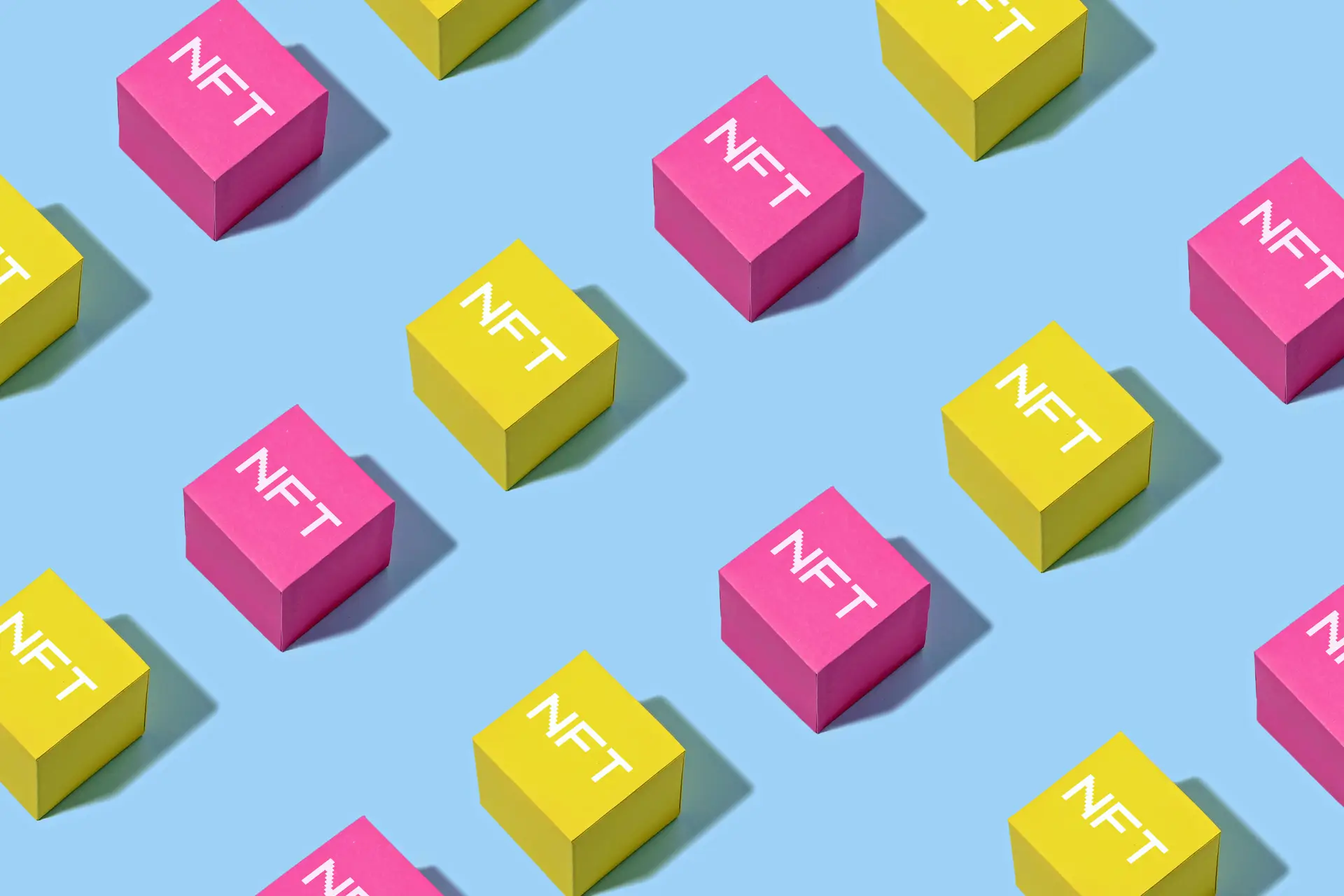
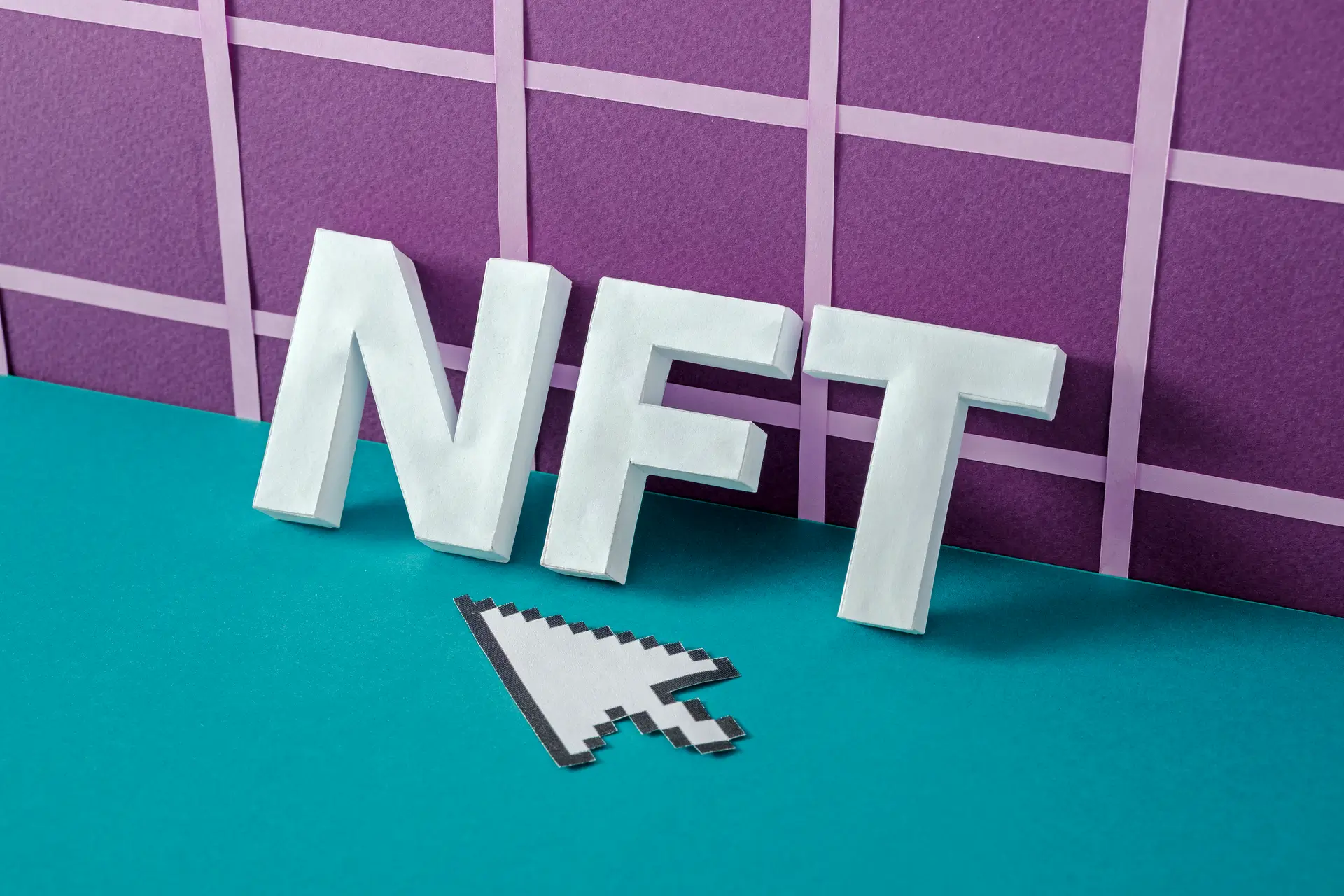





.svg)

.svg)



